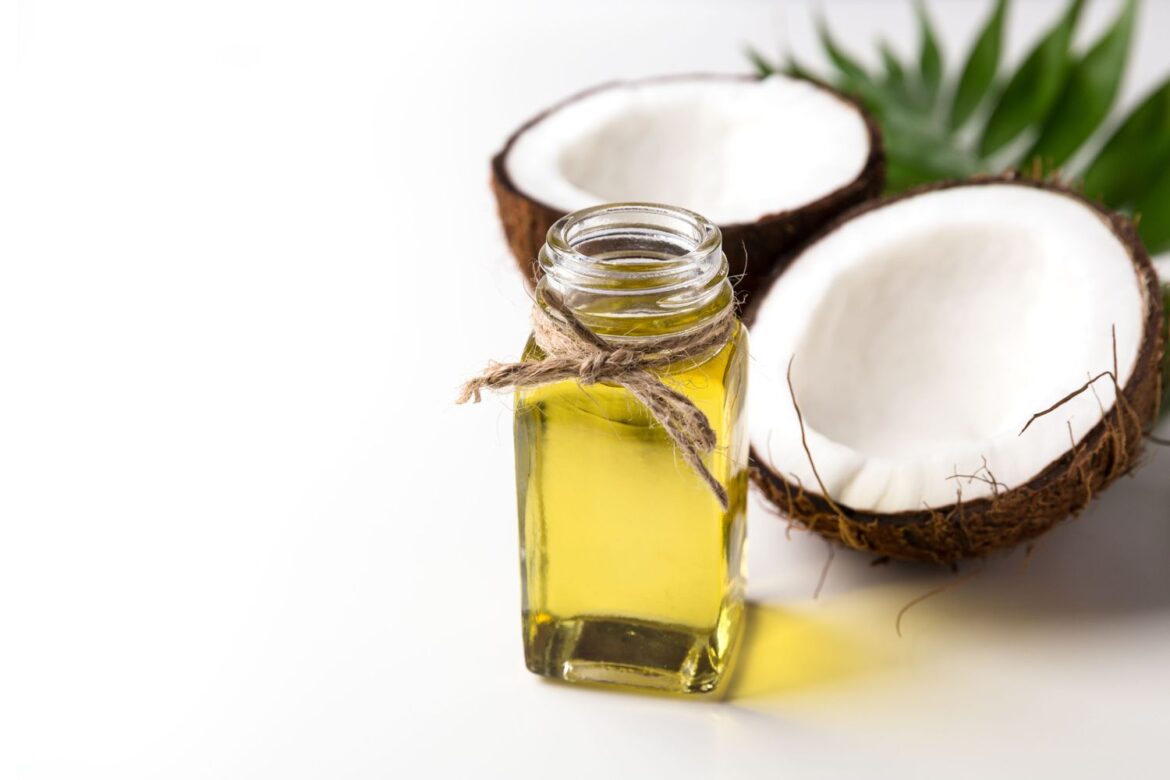Cooking oils are one of those pantry staples we all think we understand…until you actually start comparing them. Take olive oil and coconut oil, for example. Both have earned loyal followings thanks to their touted health benefits, but they’re not interchangeable. One drizzles beautifully on a salad; the other brings a tropical flair to a curry. One is praised for heart health, the other debated for its saturated fat content.
And as registered dietitian Lyssie Lakatos of the Nutrition Twins likes to remind people, “all fats add up quickly in calories, so keeping portions modest—like a drizzle of olive oil or a teaspoon of coconut oil—lets you enjoy their benefits without going overboard on calories or saturated fat.” This is exactly why choosing between them can feel like a mini nutrition conundrum every time you open your pantry.
The truth is, both oils can have a place in a healthy diet and can reduce potentially damaging inflammation, but understanding what sets them apart can make all the difference in how you cook, how your meals taste, and even how your body responds. Before you reach for that next tablespoon of cooking oil it helps to know what you’re working with, from fat composition to flavor profile. Think of this as a little culinary chemistry lesson that actually pays off at the dinner table.
Is Olive Oil Healthy?
Olive oil comes from pressing the fruit of the olive tree, and it’s basically the superstar of Mediterranean kitchens—and for good reason. A tablespoon of extra-virgin olive oil boasts the following nutrition profile, according to data from the USDA:
Calories: 119
Total fat: 13.5 g
Saturated fat: 1.9 g
Monounsaturated fat: 9.8 g
Polyunsaturated fat: 1.4 g
So why do we love olive oil? Monounsaturated fats, which make up the bulk of this kitchen staple, are linked to heart health and stellar anti-inflammatory benefits. Plus, those antioxidants—like vitamin E and polyphenols—give it an extra boost. Olive oil is versatile, too: it’s great for sautéing, roasting, drizzling, and can even make baked goods just a touch richer. Its flavor ranges from mellow and buttery to peppery and bold, depending on the variety, so it can sneak into almost any dish without stealing the show.
Is Coconut Oil Healthy?
Coconut oil comes from the meat of mature coconuts, and it has a very different flavor profile than olive oil. It’s tropical, slightly sweet, and heavier on the saturated fat. Here’s what a tablespoon looks like, according to data from the USDA:
Calories: 121
Total fat: 13.5 g
Saturated fat: 11.2 g
Monounsaturated fat: 0.8 g
Polyunsaturated fat: 0.2 g
Coconut oil’s high saturated fat content has stirred debate among nutrition experts, though it does contain medium-chain triglycerides (MCTs), which some studies suggest can boost metabolism and energy. The MCTs also mean coconut oil, like olive oil, has anti-inflammatory properties. According to a 2019 article that appeared in The Journal of Nutritional Biochemistry, virgin coconut oil is effective in treating metabolic and inflammatory dysfunction in mice.
It’s less about heart health and more about flavor—think baking, curries, or stir-fries that could use a hint of coconut-y sweetness. Its unique taste can make certain dishes feel instantly elevated, which is part of its appeal.
Which Cooking Oil is Better for You?
So, which cooking oil should make it into your next meal? It depends on what you’re after. Olive oil is the all-around champ for everyday use—heart-healthy, versatile, and easy to toss into almost any recipe without altering the flavor too much. Coconut oil, on the other hand, is fun for flavor-specific dishes, desserts, or recipes where you want that tropical touch, but because of the saturated fat, it’s best used in moderation. “Coconut oil can be included in a healthy diet, but because it’s high in saturated fat, it’s best used sparingly rather than as your everyday cooking oil,” explains Lakatos.
If fighting inflammation is key for you, nutrition experts recommend using olive oil over coconut oil. This is because olive oil packs more anti-inflammatory compounds than coconut oil, including monounsaturated fats, polyphenols, and oleocanthal. While coconut oil can also fight inflammation thanks to the lauric acid it contains, its anti-inflammatory benefits are less well-established in humans than those of olive oil.
Still, there’s room for both of these cooking oils in a healthy, anti-inflammatory diet. Think of olive oil as your reliable, everyday partner, and coconut oil as the flavor-forward guest star. Together, they give your pantry a dynamic duo that can handle nearly any culinary situation.


Dining and Cooking